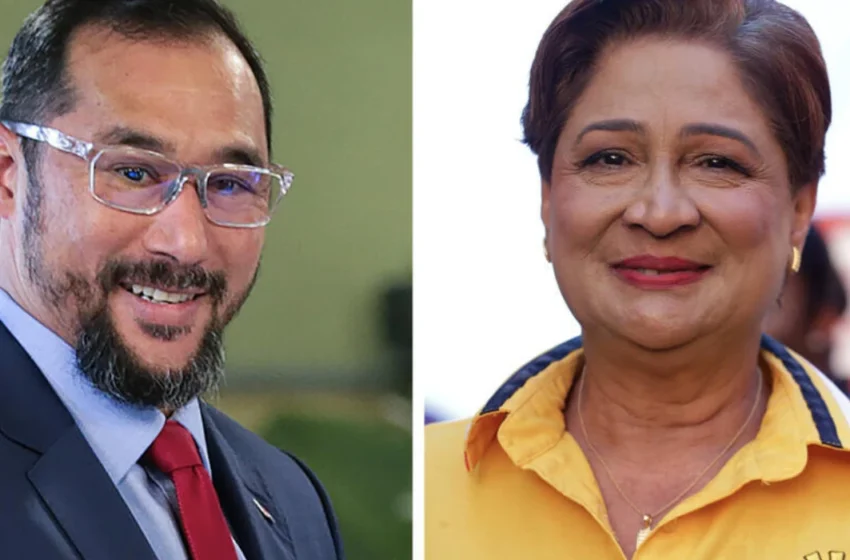
Europe (Europe Brief News ) – Trinidad and Tobago voters cast ballots on Monday in a pivotal general election, which held the fate of political power between Prime Minister Stuart Young and opposition leader Kamla Persad-Bissessar, while the country faces mounting gang turbulence and economic pressures.
A Nation at a Crossroads
Prime Minister Young leads the centre-left People’s National Movement (PNM) in a political battle to maintain its rule after taking over from his predecessor, Keith Rowley, in March this year. The latest polls indicate that the United National Congress (UNC) under Kamla Persad-Bissessar 73 may defeat the ruling People’s National Movement (PNM) led by Young 50. Persad-Bissessar campaigned by promising higher public wages as a solution to the economic slowdown.
Young has rejected her fiscal proposals because they would push government spending into an impossible $2 billion deficit. The high costs would create a funding issue that which “no administration could afford” he declared when addressing a passionate rally last week.
Voters Speak: Hope and Skepticism
At a polling station in Valsayn, northern Trinidad, voter Karen John described the process as “smooth” but admitted concerns over the country’s future. “We need change, but will it really come?” she asked.
Much depends on this election since it will determine who controls the 41-member House of Representatives following the formation of the next government. A clear majority failure may result in Trinidad and Tobago becoming governed by a weak coalition government due to its oil wealth and festive Carnival, along with the tourism sector.
Security Crisis Shadows Election
Crime statistics continue to rise as the country faces 623 homicides in 2024 compared to 577 in the previous year, while Venezuelan gang organisations like Tren de Aragua receive U.S. terrorist organisation status. According to a State Department report, Trinidad and Tobago holds the position as the sixth most hazardous nation on Earth, and its murder rate reaches 37 deaths per 100,000 residents.
The state government implemented a four-month emergency declaration during its first half, yet critics believe it brought minimal results for reducing violent incidents. Illegal migration and arms smuggling alongside drug trafficking occur because of Trinidad’s open maritime border with Venezuela.
Economic Woes and Energy Troubles
The Caribbean identified Trinidad and Tobago as its second-largest natural gas producer until the country started facing declining gas production. The Dragon gas field in Venezuelan waters emerged as a revival opportunity until the Trump administration enforced fresh sanctions on Caracas, which made the project impossible, thus worsening the economic depression.
The counting process raises the question of which party will challenge the electoral prediction by prevailing against both political entities. The electoral results hold the potential to transform Trinidad and Tobago’s future in positive and negative directions regarding both economic development and national security stability.


